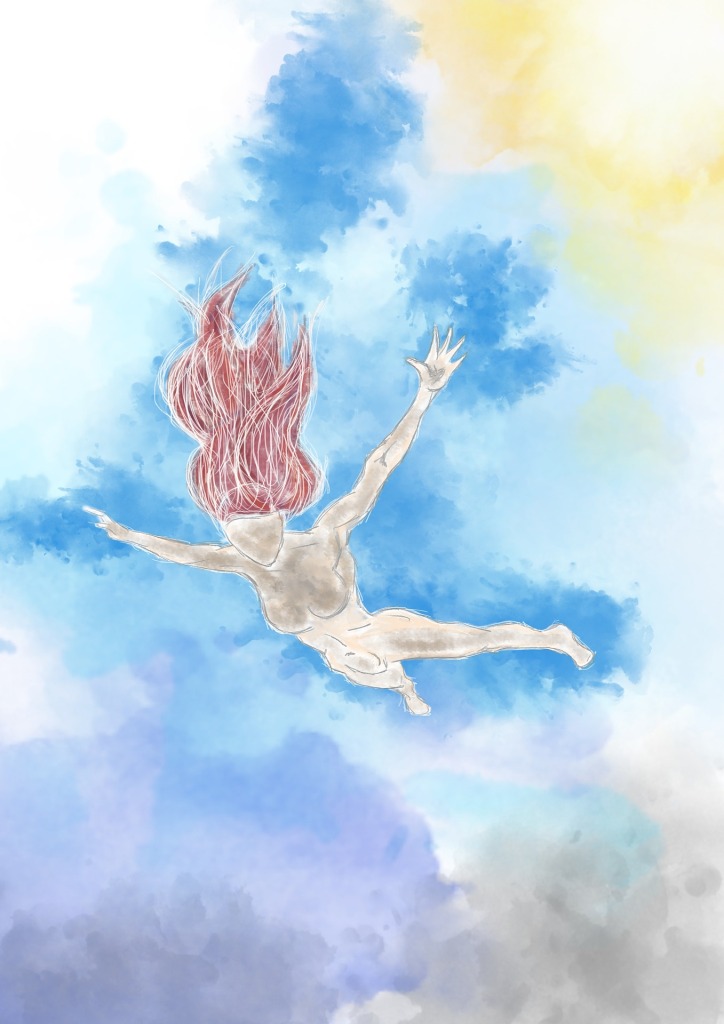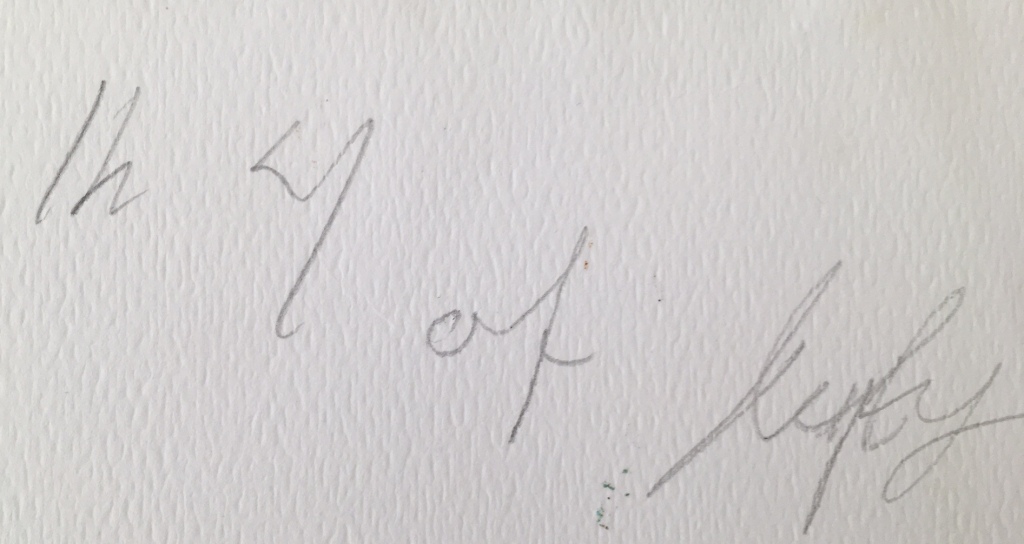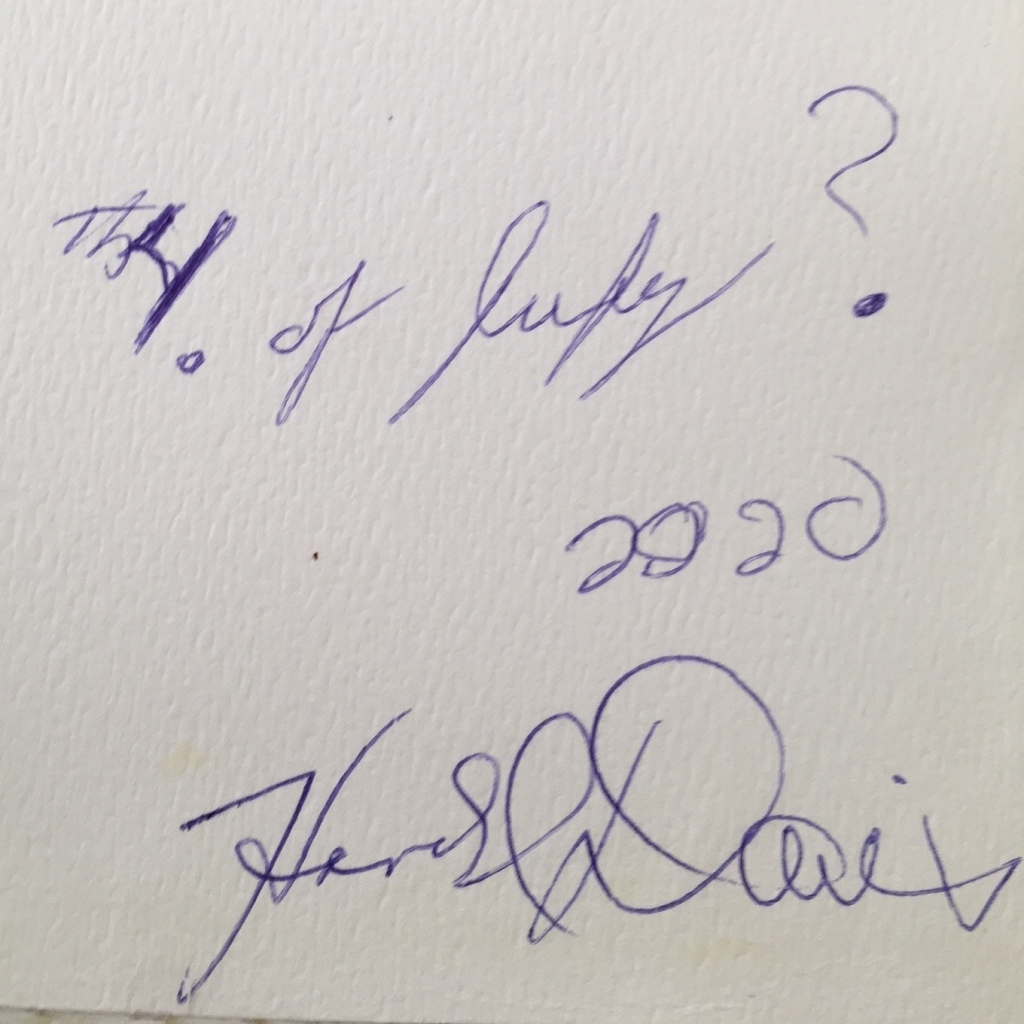
I was in the process of writing a blog post on humility, of all topics, and I was bombarded by emails from the Connecticut Press Club about their awards banquet, emceed by award-winning journalist and TV personality Mercedes Velgot, which happens to be tonight, my least favorite day of the week.
I am a member of the Connecticut Press Club that is an affiliate of the National Federation of Press Women (NFPW) and includes both male and female members. Every year, the club sponsors a Communications Contest. The last CPC award I won was for an article I wrote in 1997. The article garnered a first place award for travel writing.
Earlier in the year, since I’ve been pouring so much blood, sweat and tears – lots and lots of tears – into my blog posts, I decided to submit one of my blog posts for CPC’s 2020 contest, Am I in the Right Room?
To provide some of my blogging background, I started WTF (Where’s the Faith) in 2013 as a personal blog when I was working in the corporate realm. The blog uses the tagline, “A blog of comfort during unpredictable times.” WTF draws on both secular and spiritual principles to support, encourage, inspire and sustain readers while they face challenging situations.
Although I started WTF in 2013, I rarely updated it on a regular basis. In 2019 after my personal family tragedy, I terminated my personal writing projects, including a novel that I’d been working on since 1996, and sunk inward. Four months after the tragedy in March of 2020, my fellow writer and longtime friend, Laurie Stone, who recently won a National Society of Newspaper Columnists award, encouraged me to return to blogging and suggested that I simply write posts about how my “Faith-O-Meter” (as I now refer to it) is on empty.
I followed Laurie’s advice and began to post on a weekly basis. With the exception of one post that was accidentally scheduled, my posting schedule remains the same: Every Tuesday at 1:51 p.m. This is the timepoint when the Russellville, Kentucky, coroner notified me of my 26-year-old son’s death by suicide.
Some grieving parents build organizations, charities and foundations for their departed children. I now forge a bridge of faith, in honor of my son Marshall, out of word bricks, hoping that my pain will help heal the world.
Anyway, as I undertook completing the award entry submission, in the back of my mind, I thought, “With my luck, I’ll win.”
Of course, in my prior life, my normal life, the goal of entering a contest was to win and receive an award. Ah, duh! During the 1997 CPC awards presentation that I attended, I remember flicking around the spotlight like a giddy moth.
Nowadays in my life, I am worn down dodging abundant minefields rigged with booby traps. The most innocuous people, places or things – questions like “How many children do you have?” – can trigger emotional pain that further shatters every broken part of me like a massive electrical explosion.
Personally, at this time, I am safest, and achieve my desired equilibrium when I keep my presence to a minimum in the outside world. Even if this pandemic fully disappears, I will likely continue to spend as much of my time as possible in a quarantine mode.
Knowing all this, I took a risk, hit the submit contest entry button and dove into my daily work schedule. When I received the spring notice and realized that I did not win first prize, I breathed a great sigh of relief and happily returned to tackling my overloaded work schedule.
Fast forward mid-summer, Thursday to be exact, and, as I mentioned, I’m bombarded by CPC emails. Suddenly, last Thursday, the salutation caught my eyes: “Dear Contest Winners …”
Contest Winners?
Wait A Minute!
Immediately, I download the list, scan like a crazed sleuth-hound and find the improbable that is now A reality: I won SECOND PRIZE for my blog post.
Really?
My mind switches to an instant projector mode and in front of me is a panoramic view of my son. A stage. An award that I won for my attendance in a work-related program. The year is 2016. Last minute, my son accompanies me as he sits in the passenger seat while I drive to the awards presentation. It is a big step for him since he is withdrawn by nature and crowds trigger him. He is a 23-year-old bundle of nerves. Halfway there, his fury and rage forces me to veer to the side of the road and halt. He does not want to attend and makes it known, shouting: Why do you force me into these things? Why did you “make” me go? Why do YOU control ME?
I’m an adult, he repeats.
Instantly, I scream back in attack. I’ll take you home right now. Turn around. You ruined my whole day. My special day. My award. Why do you do this?
We are parked in front of a massive Queen Anne-style house, and his brawny physique, suddenly, seems to shrink in size. I catch his eyes and realize that an uncontrollable sense of fear has shut the shade on the actual reality of the situation. Somehow by some miracle, I refrain from lashing out. Actually, it isn’t a miracle. My 30+ years of 12-step life kicks in. Pause. Instead of working off his rage, my empathy takes me on a brief tour, into the pit of his fear, sadness and black hole, lost in an overwhelming feeling of inadequacy.
It will be okay. You always go through this. Once you’re there, everything will be fine — that’s what always happens. We will make it together. My tone softens.
We both grow silent, his favorite state of being, and we drive to the awards banquet, not another word exchanged. As per his usual modus operandi, after we arrive, he was all smiles, refined, quiet, looking dapper, but covered with a light sheen from sweat under his blood-red shirt.
I envision Marshall as he perches over the balcony, beaming as bright as the spotlight in his typical seat-for-one seating arrangement at a small, round table. I feel his glow as I receive my award. Later, in the night, I pry him from out of the background like a fly on a tape trap and prompt him to join me and other celebrants. Still all smiles, he is amicable. Everyone likes him.
On the car ride home, he talks about the pitfalls of Artificial Intelligence, which was one of the presented topics at the awards ceremony. As I listen to his discussion laced with lofty facts, I have a burning sensation of looming dread in the pit of my stomach sensing a cryptic future lays ahead for us both.
Recalling my premonition switches the instant projector mode into a high, out-of-control gear in my mind. As difficult as it is, I refocus on my winners list inspection. It’s my name, maiden name and one-time married name. My children’s last name. The one Marshall took so much pride in.
I won SECOND PRIZE for my blog post.
Really?
I think back to the first award I won was in 1994 from Northwestern University for a parenting magazine article that I wrote for parents and how they can prepare their child for hospitalization. I wove my son’s story, who underwent open heart surgery in his first year of life, into the article.
My first award-winning story was about my infant son’s recovery. Now, this “award-winning” story is written as a result of his out-of-order, young demise. I wrote it with his blood. This is how I won an award? A “losing” topic for me?
I am now crying, bawling in my office alone, because this turn of events should not have happened. My son should be here and not perched on a random star in another galaxy as my best friend so succinctly contrived in an attempt to lighten one of my meltdowns not that long ago.
Really?
He should have won the award for his AI speech that he presented me with after the last award I won in 2016. Or, he should have won the award for the extraordinary metal parts he engineered and created shortly before his death with his gifted hands. And, I am bawling harder, knowing that his first-grade kindergarten teacher should receive the dunce award for stressing our family out because she failed in properly assessing him and said he lacked “fine motor skills.”
Really?
So, here’s the point. As most, if not all, award recipients promenade into the banquet located in no-less Greenwich, CT, primped, proper and ready, I know that I will be dodging these kinds of 3-D thoughts and visual minefields and booby traps. I will be the one working overtime to shut down my out-of-control images, triggered by PTSD, and silence the thought pattern that questions the why behind the award and toiling even harder when the what if tries to force its way in. I will now have a firsthand take on how my son felt in crowds.
For all these reasons, and more, I did not intend to attend the awards banquet. That is until my spitfire daughter, who happens to be visiting with kitty for about three weeks, kicked into her battle cry that is preempted with “Life is for the living.”
Needless to say, last Thursday night, I put lipstick on my drained and depressed self and joined my 26-year-old cheerleader daughter for dinner. Afterwards, we stepped into to a nearby store. I never shop for jewelry, but a long, dazzling, silvery turquoise necklace caught my eyes. I knew the piece was made for the black pantsuit I discussed possibly wearing to the banquet earlier that night during dinner with my daughter.
It goes without saying, first thing on Friday, I ordered three tickets: one for me, my daughter and her godmother, my best friend for the awards banquet.
It takes place tonight, July 27, a Tuesday, my least favorite day of the week.
So, here it is: SHOWTIME! Dear blogging friends and community, please think of us tonight. Actually, as I think about it, let me humbly prepare myself to think of all of you as my 12-step program teaches me.
These posts since March 2020 have turned out to be a means of catharsis, one of the only places where I feel safe to express fully my sadness, grief and, yes, hope and faith. The reason behind this sense of security is that I feel heard and supported by many of your comments, “likes” and personal communications. For the first time in my life, I am learning about different cultures, an area of fascination for my son that I never had the opportunity to share with him.
Obviously, I will not have an opportunity to share this moment with him either. What gives me solace, the faith to step into the minefield and booby traps of the banquet hall, is the visual that he is nesting inside a star somewhere in another galaxy. This time, fear, far removed, is replaced by a celestial glow in his eyes that, I hope, will also cast a spotlight on our souls tonight.
You can do it, Mom. Like you used to tell me, “Whether you win or lose is not the point. You’re a winner for showing up.”
You can do it. You have to take the first step into the field before you can locate and deactivate a mine.








